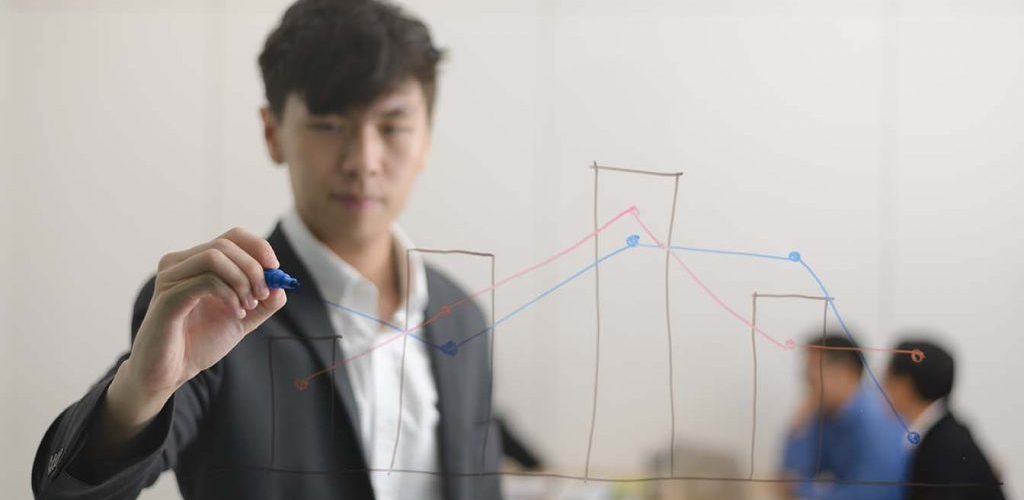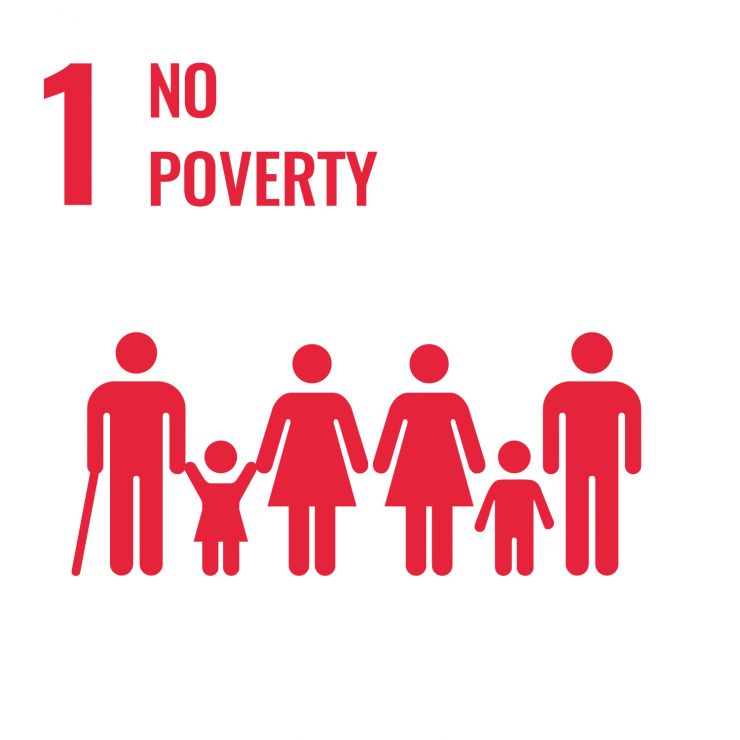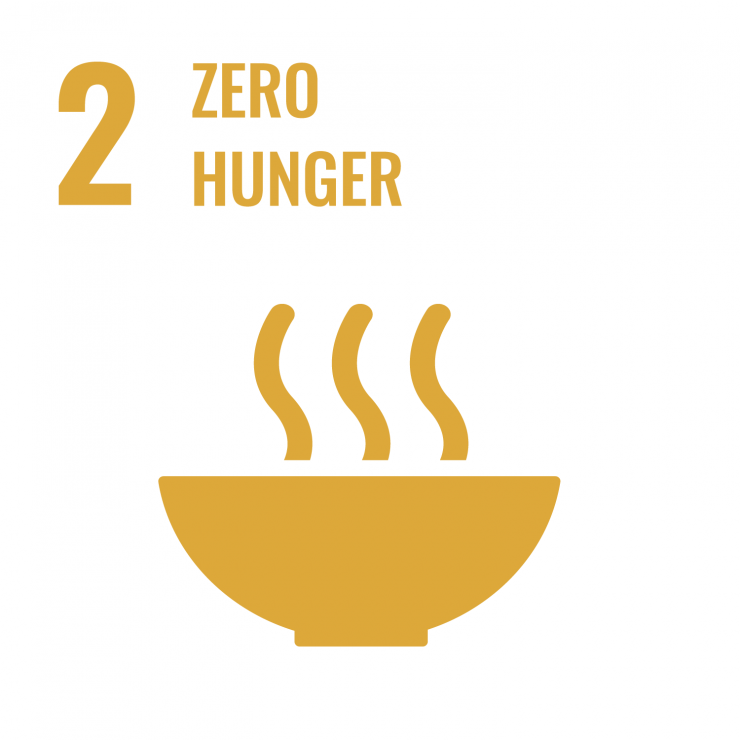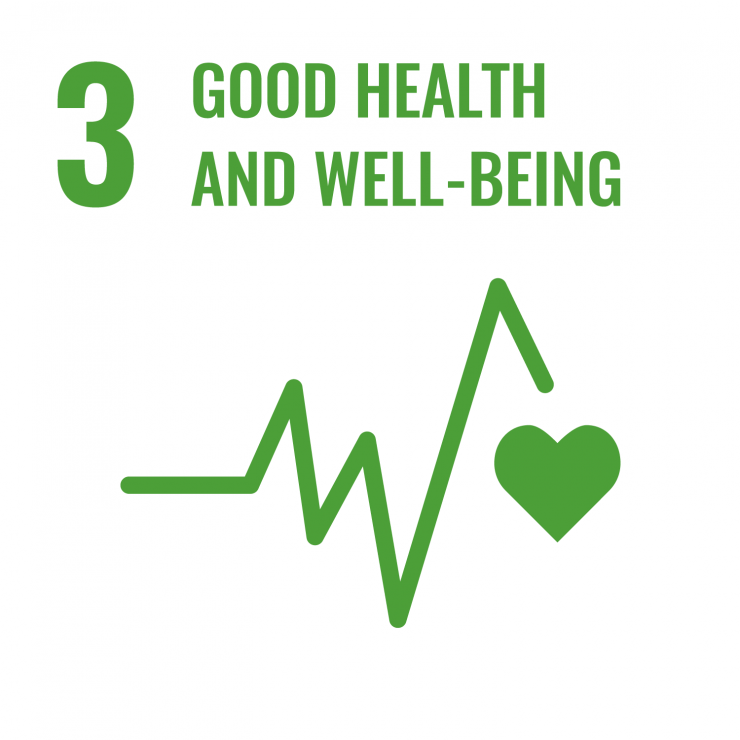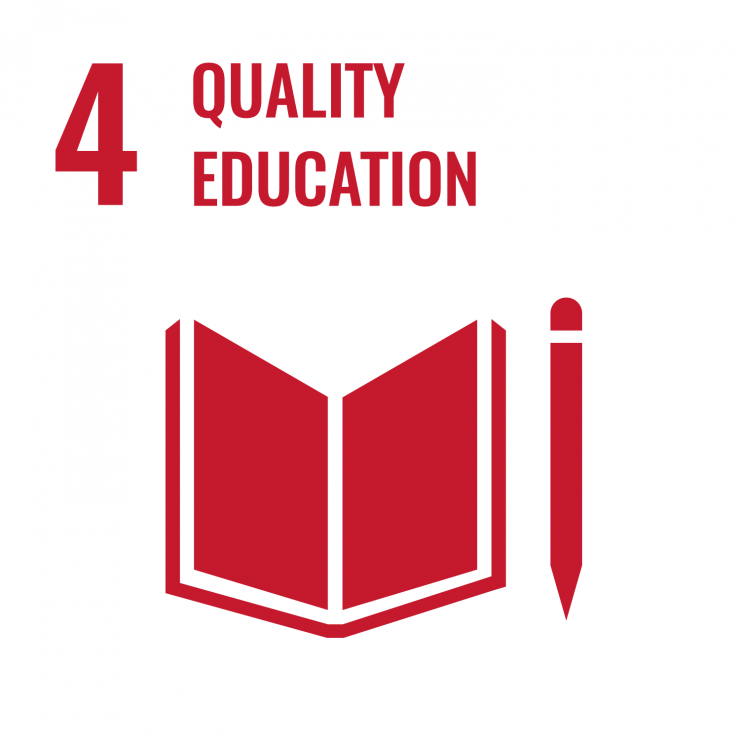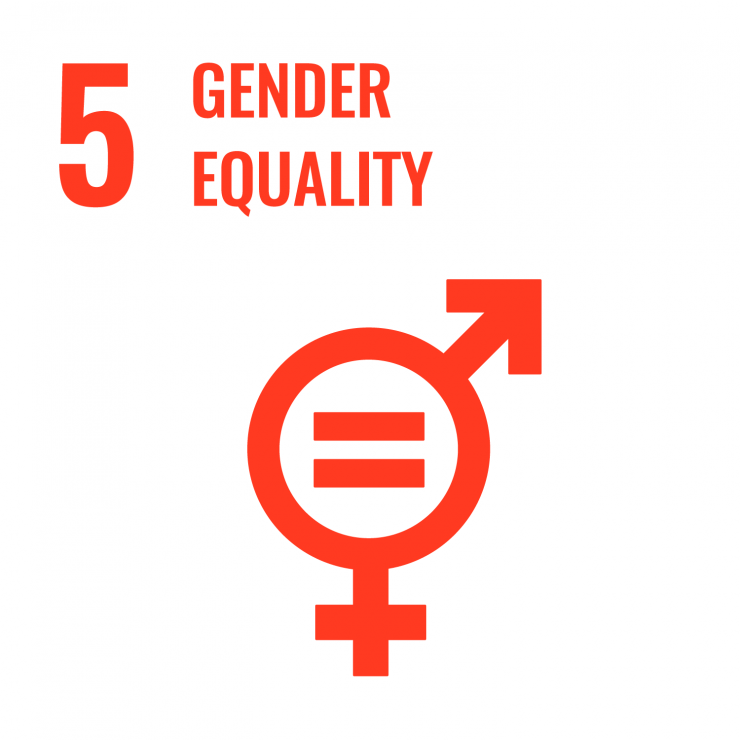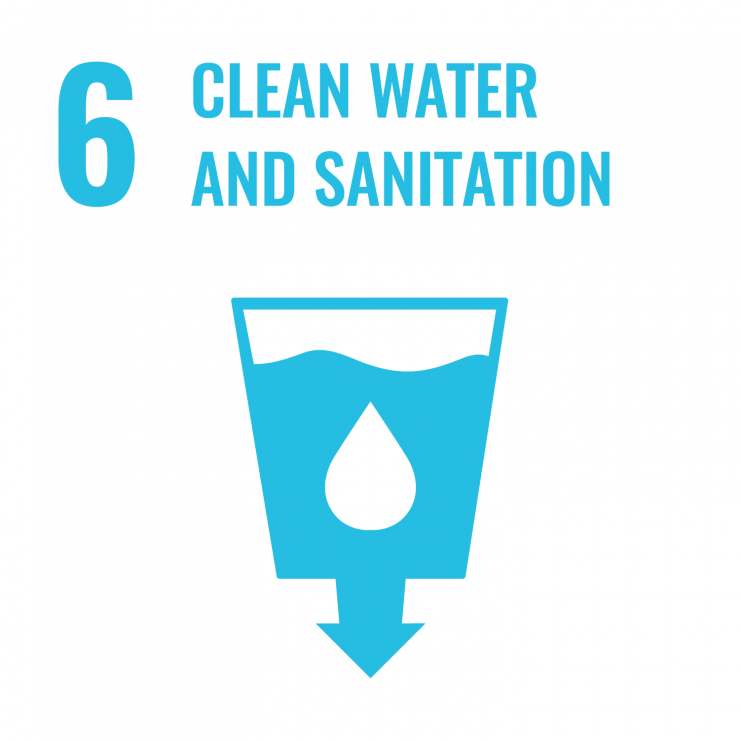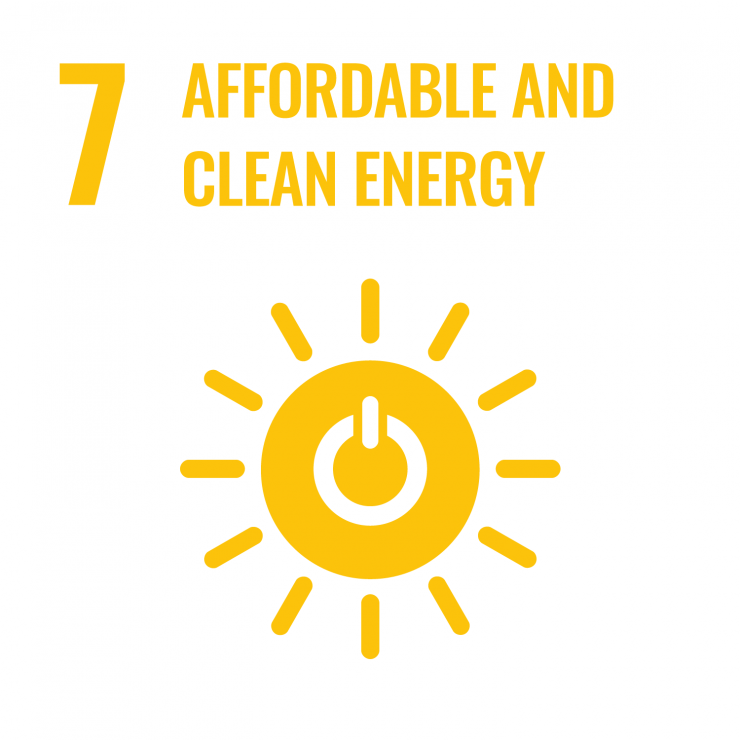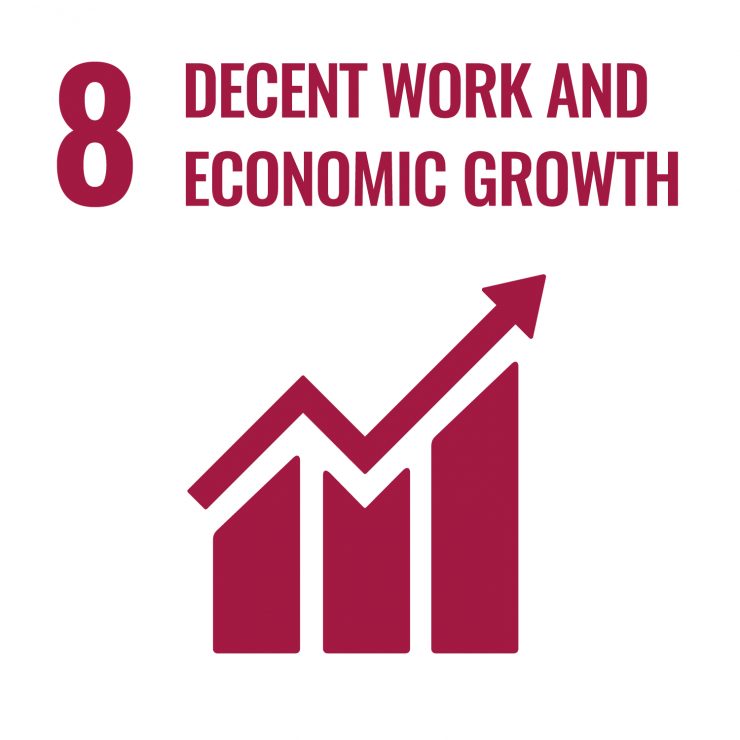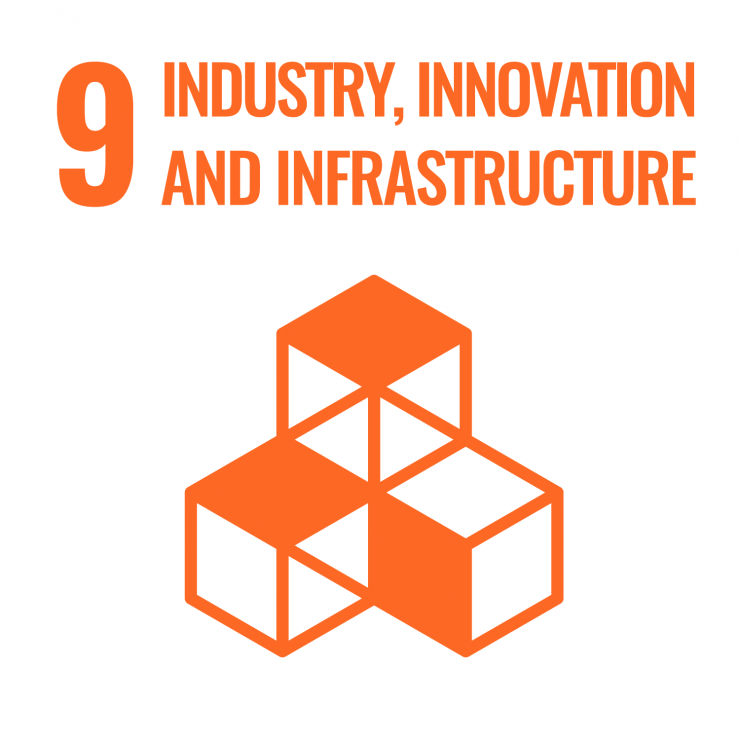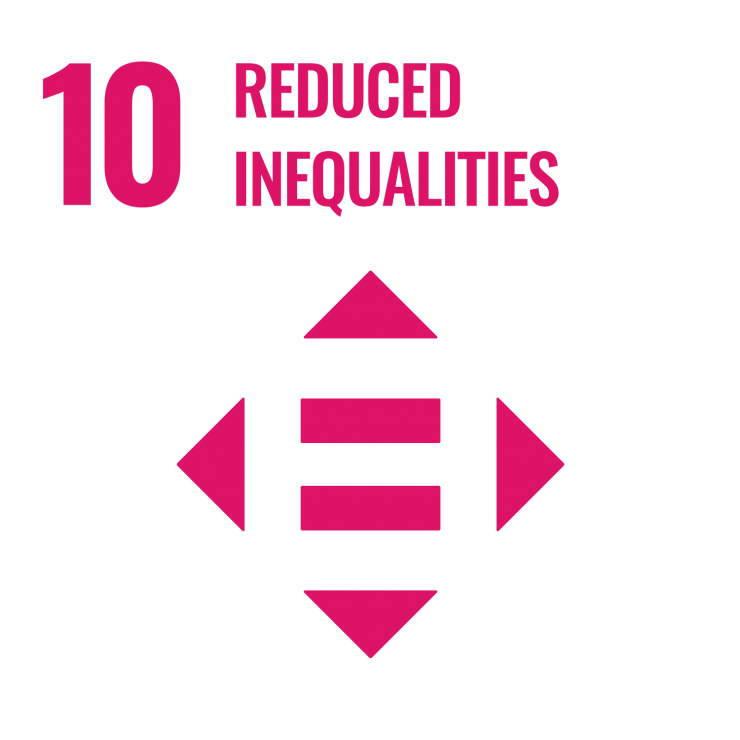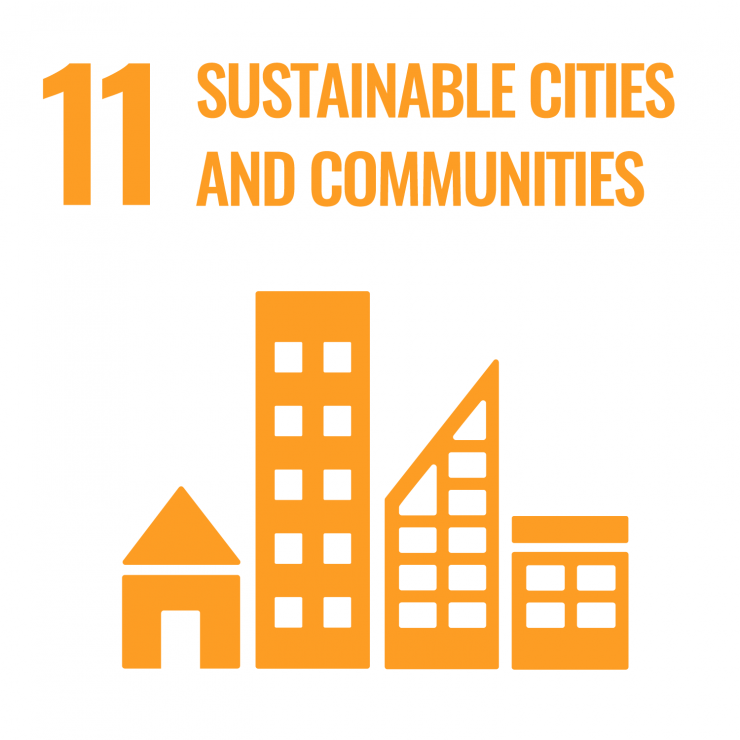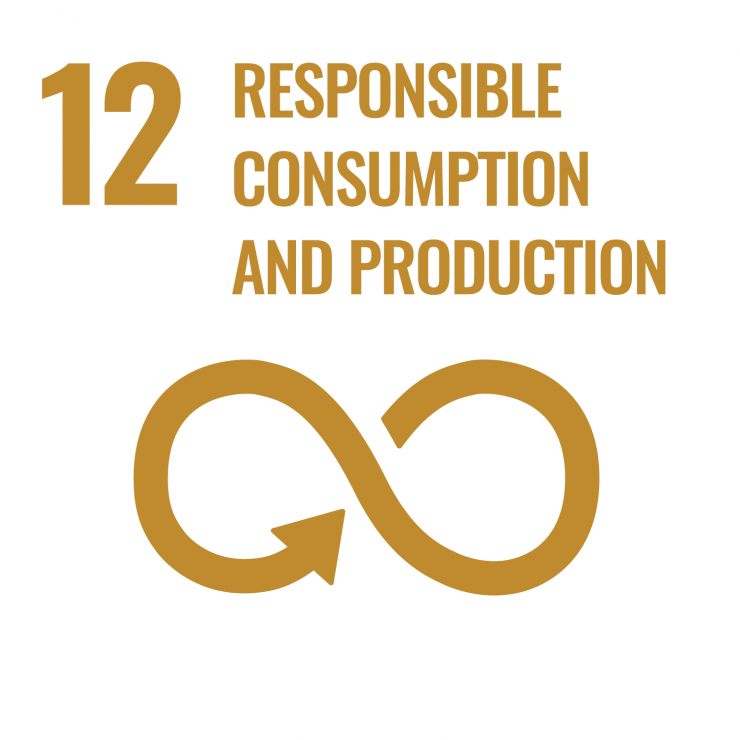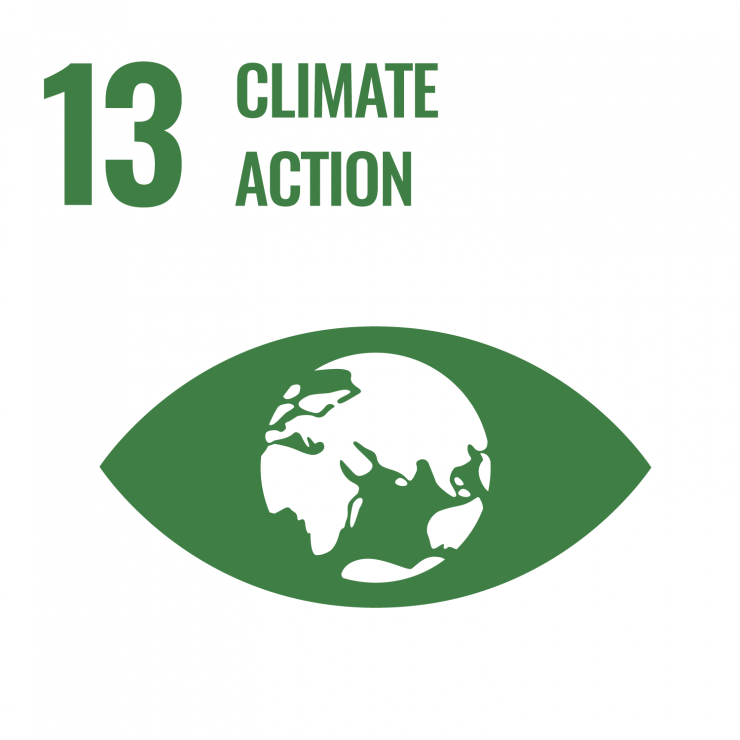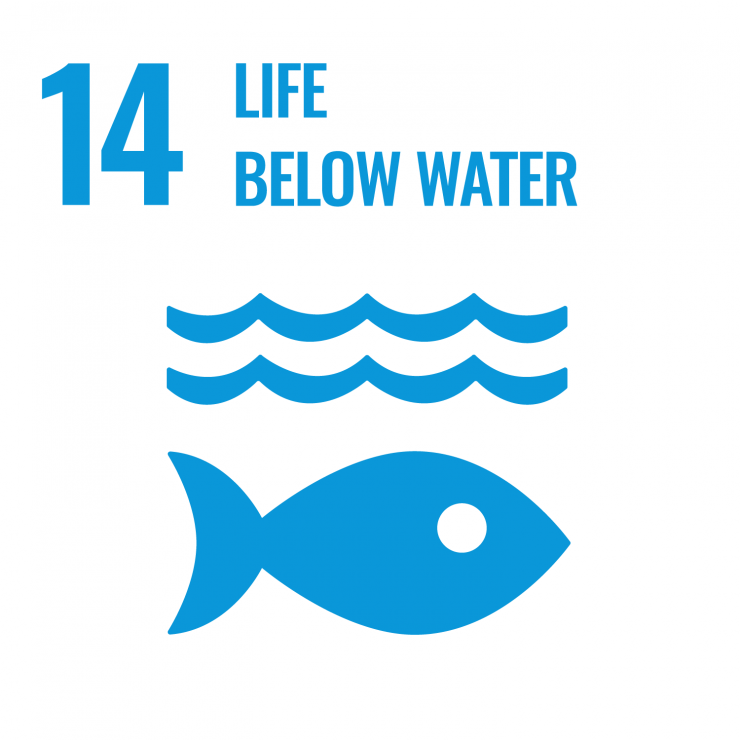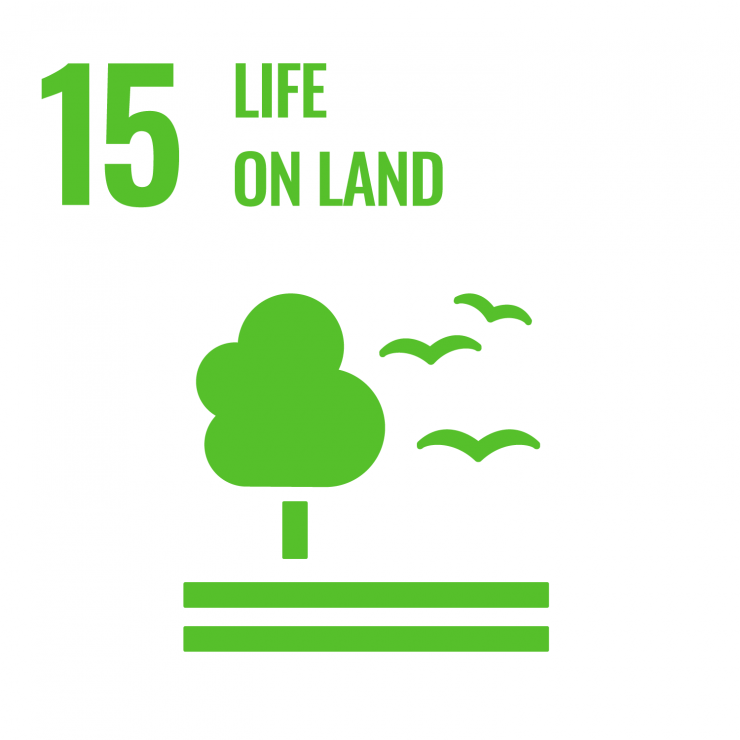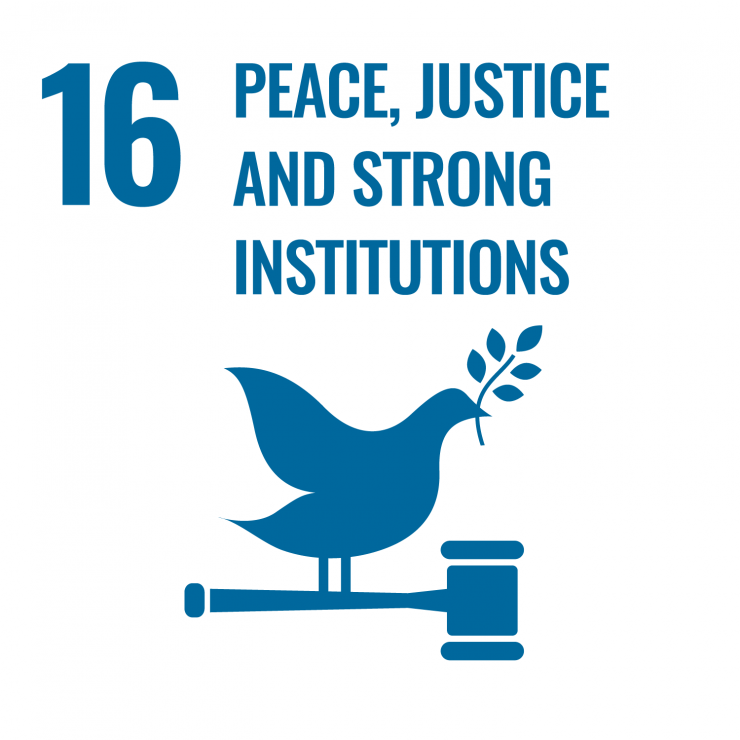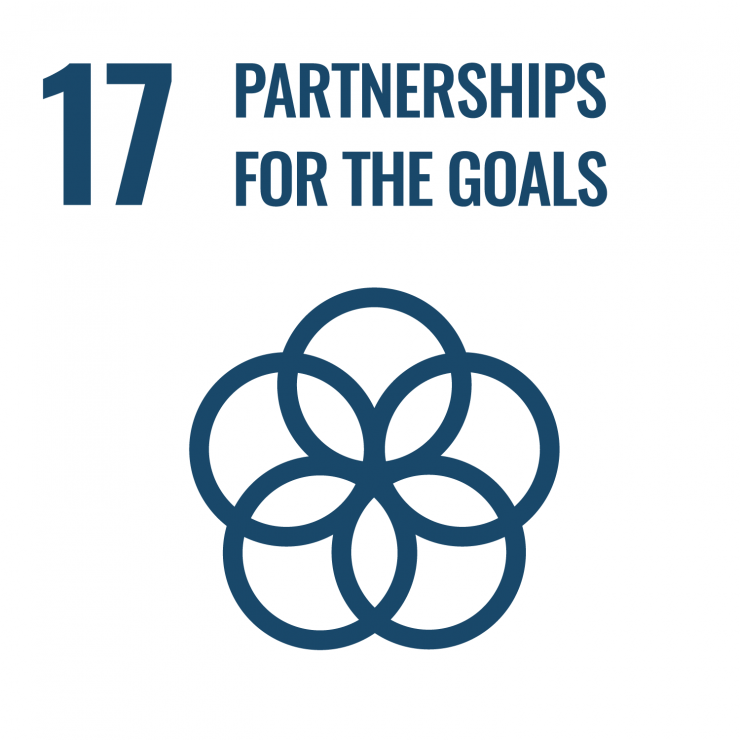Lifelong learning is a sine qua non if the Lisbon objectives are to be achieved.” (José Manuel Barroso, President of the European Commission) “The most promising initiative in e-learning is the concept – and the developing reality – of Open Educational Resources.” (Sir John Daniel, former Vice-Chancellor UK OU, UNESCO, Commonwealth of Learning)
These two citations, if we read them in relation to each other, summarize the rationale for this paper. The promising, developing reality of what we call today Open Educational Resources (OER) indeed seems to offer good opportunities for what the European Union (EU) considers key for a successful transition to a knowledge-based economy and society, namely significantly raising and widening participation in higher education, in particular in a lifelong learning context. We will explore this observation, realizing that it actually requires a new wave in the OER movement, which centres on independent (or: autonomous) learners rather than on learners who are dependent on teachers. The potential of the OER movement, being large already, may considerably increase by such a change in perspective, since this will empower the learners to really study on their own, with no need of a teacher, a classroom or an educational institution. Not only is this instrumental for reaching the EU goals, it also is crucial when the educational system is seriously lacking money or has a structural shortage of (good) teachers. This generally is the case in the developing countries (Fred Mulder, 2006).
Open system education for lifelong learning
Thai MOOC: Tourism and Hospitality Management 4.0
Tourism and Hospitality Management 4.0 is a subject that supports students to understand the importance of tourism industry, and be able to know the principles of tourism businesses and overall of tourism system as following topics:
Thai MOOC: Science for Life
This course presents the importance of fundamental knowledge of physics, chemistry, biology and mathematics towards technology and today's daily life, such as the use of energy sources, medicines and vaccines for health, and the use of mathematics to describe statistics, design and voice actions.
Learning objectives:
- Learners can calculate correct unit change and explains the importance of measurement accuracy
- Learners can calculate the energy used in their daily life and understand the source of energy in today and the future
- Learners can explain the process of developing technology for health
- Learners can apply mathematics to solve problems in daily life
Reference:
Fred Mulder. (2006). The advancement of Lifelong Learning through Open Educational Resources in an open and flexible (self) learning context1. Retreived on 17 September 2020 from https://www.researchgate.net/publication/238695040_The_advancement_of_Lifelong_Learning_through_Open_Educational_Resources_in_an_open_and_flexible_selflearning_context1

